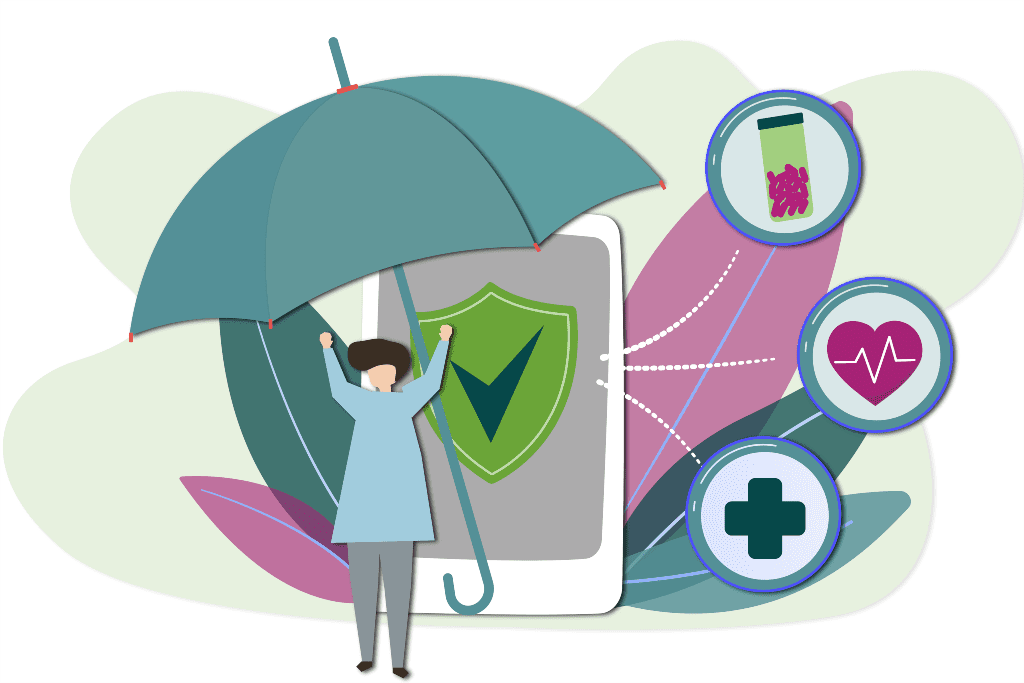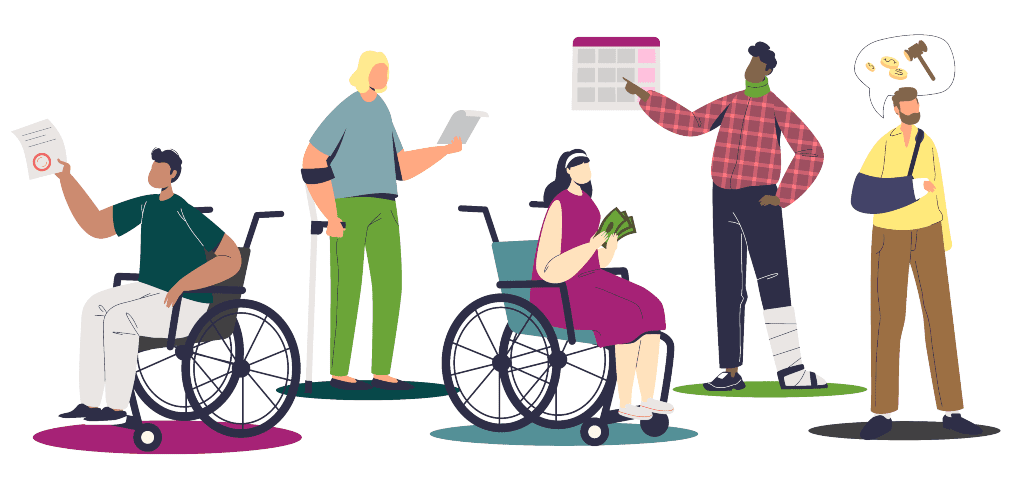
Your health matters, and health insurance is a piece of the puzzle when it comes to protecting your health. Health insurance is not only for those at risk. It encourages those who are already in good health to stay healthy! So, yes, even young and/or generally healthy individuals need health insurance, and here’s why.
- Health Insurance encourages preventive care. Preventive care is necessary, and health insurance takes away the financial burden so you can access preventive care without worrying about the cost.
- Health Insurance helps pay the bills. Medical bills are expensive! Without health insurance, you would pay much more (100% out-of-pocket) for expected and unexpected medical bills.
- Health insurance improves mental health. In a world with so many financial stressors, knowing you will receive assistance with your medical needs, especially for the unexpected, provides peace of mind and betters mental health.
- Health Insurance is your safety net. Life is full of unexpected moments, especially when it comes to your health and wellbeing.
How do I get health insurance?
Most health insurance plans have a specific window of time called an enrollment period when you get to start, stop or change previously enrolled-in plans. These enrollment windows happen once a year, and timing depends on the plan. You may qualify to start, stop, and/or change previously enrolled in plans if you experience what is a called a ‘qualifying life event’. Examples of this are getting married, divorced, having a baby, gaining a dependent, moving, losing a job, getting a new job, or turning 65 years old.
You can get health insurance;
- Through your employer sponsored benefit plan.
- Through your spouse’s workplace benefits.
- From federal and state programs like Medicaid (if you have a lower income) or Medicare (if you’re over 65 or if you qualify due to limited abilities or special situations).
- As Short-term coverage to fill in gaps between jobs or coverage periods.
- By buying individual plans, like the Affordable Care Act (ACA) plans.
- Via the Health Insurance Marketplace, or Health Exchanges, which are organizations in each state through which people can purchase health insurance.
How Much Does Health Insurance Cost?
If you acquire health insurance through your workplace benefits, you will likely pay for your health insurance in one or two payments each month that will automatically be deducted from your paychecks. The cost of your healthcare will vary depending on what type of plan you have, your age, where you live, if you are a tobacco user, and how many people are covered by your plan (you + dependents). Health Insurance plans are not a one-size-fits-all solution. To choose the best health insurance for you, you will have to consider your/your family’s unique healthcare needs.
What Will My Health Insurance Cover?
Every plan is different. It is always wise to call your provider and ask if a treatment, procedure, medication, lab work, or general visit is covered before going in to receive care. You can locate the number to call your health insurance provider on your member ID care, which typically arrives in the mail shortly after enrollment.
Typically speaking, most health insurance plans cover 100% of preventive care. This includes;
- Annual visits with your doctor
- Immunization shots/vaccines
- Blood pressure screenings
- Cholesterol screenings
- Mental and behavioral health services
- Tuberculosis screenings
- Some cancer screenings
- Hepatitis screenings
- Maternity Care
- Some medical devices
- Prescription Drugs
- Pre-existing Conditions
You can look at your health plan documents or call your provider to learn your exact coverage.
Readers are also enjoying:

Understanding Healthcare Transactions
It is important that you, as a healthcare consumer, feel confident in the accuracy of the payment you send to your provider after a healthcare visit. Healthcare reimbursement is a multi-step, lengthy and complicated process that could go a little something like this;

Healthcare Claims
A healthcare claim is a request for payment that you or your doctor submit to your health insurance company after you receive care. A claim will contain unique medical codes that have been interpreted from the healthcare providers notes during your visit. Using these codes, the insurance carrier will determine whether the healthcare services provided are covered at 100%, partially covered, or not covered and require additional payment from the patient.
